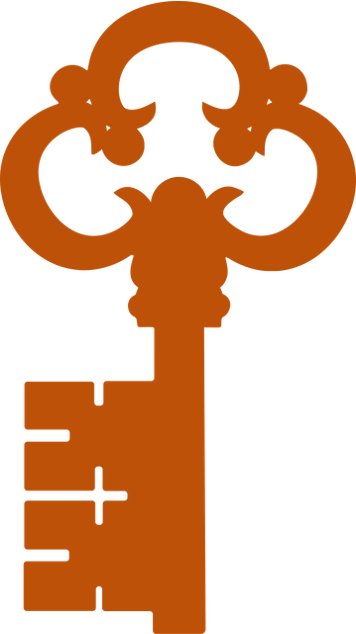One of the assertions is that US defense strategy thinkers don’t take Chinese military thinking seriously.
Main point:
- “As Chiang Kai-shek emphasized to journalist Theodore White during their first meeting in 1941: ‘You think it is important that I have kept the Japanese from expanding [in China] during these years…I tell you it is more important that I have kept the Communists from spreading. The Japanese are a disease of the skin; the Communists are a disease of the heart.’ Recalling this conversation decades later, White remarked that Chiang’s analogy ‘seemed odd to me, because at the time the Japanese were bombing the daylight out of both Chiang Kai-shek and the communists.’
- “…what seemed odd to American interlocutors would not appear strange or incongruous to those who grew up immersed in the classic strategic texts of ancient China.”

More about it:
- Chinese thinking recognizes “the danger of focusing exclusively on external threats without first neutralizing internal perils.”
- “…by denying the importance of China’s own military history, Western strategists needlessly handicap their own ability to gain deeper insight into Beijing’s unique strategic and military thought processes.”
- “We certainly miss some of the complexity and difference in perspective by not understanding the historical references the Chinese themselves rely on to assist and promote their own decision-making processes.”
- “The West’s indifference to Chinese history’s influence on current leaders often leaves us unaware of many of the continuities in Chinese strategic thinking.”
Why it matters:
- “…possessing a comprehensive and nuanced understanding of Chinese strategic thinking and decision-making influences remains equally vital to those engaging with the current leadership in Beijing. The West’s collective knowledge of China’s own philosophical and historical references, however, remains just as poorly developed.”
- “…being able to identify, contrast, and synthesize alternate viewpoints remains vital to strategic success.”
- “If you only listen to one [side of an issue], you will never be able to distinguish the intelligent from the stupid.”
